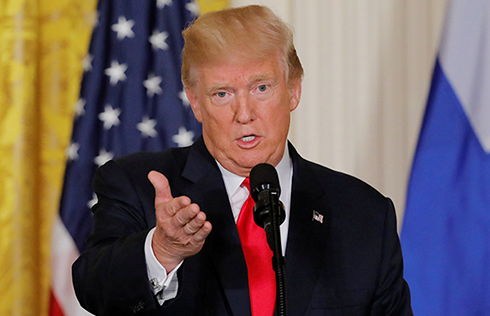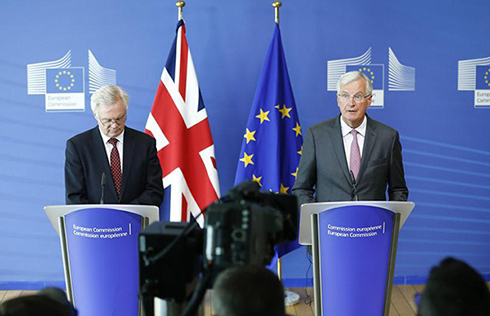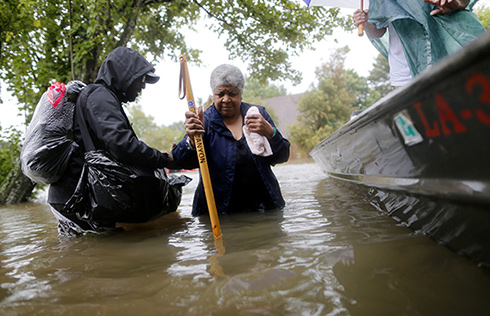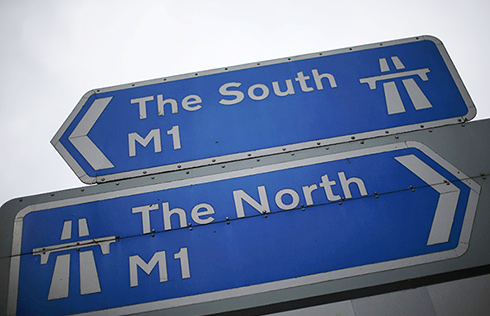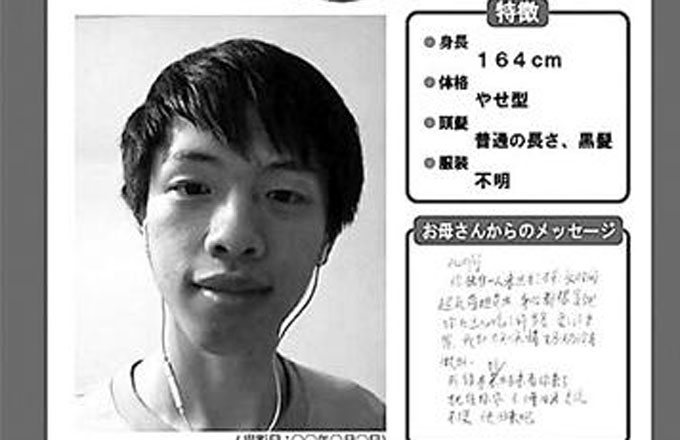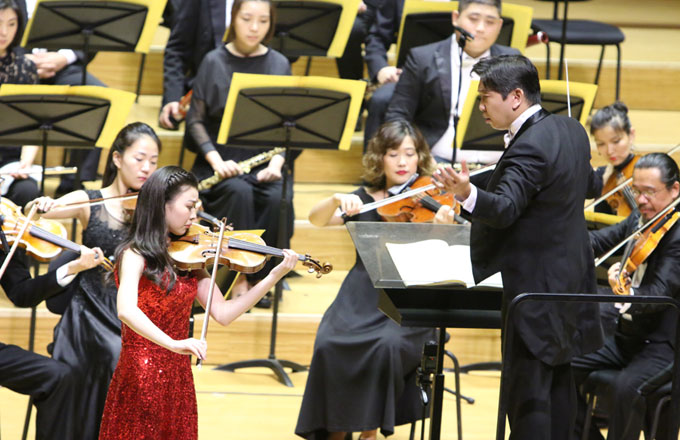Xi urges Japan's premier to take steps for better ties
At G20, he calls for sincerity on historical, Taiwan, Diaoyu issues
President Xi Jinping urged Japan to honor its word on issues related to history and Taiwan during his meeting with Japanese Prime Minister Shinzo Abe on Saturday, which analysts said is a signal for Tokyo to take concrete and sincere steps to improve relations with Beijing.
Political trust is the premise of China-Japan relations, Xi told Abe during their meeting on Saturday at the G20 Summit in the German port city of Hamburg. Xi referred to the four political documents and the four-point agreement that serve as the guiding principles of bilateral ties on properly handling issues related to history and Taiwan, among others.
These issues, vital to the political foundation of Sino-Japanese ties, bear no compromise or regression, or the relations will veer off course and their development will slow, he said.
Japan must honor its words on issues related to history and Taiwan, he said, and remove the distractions from the relations with concrete actions. He urged Japan to learn from history to ensure that Sino-Japanese relations head in the right direction.
China and Japan normalized their diplomatic relations 45 years ago after reaching consensus on history, Taiwan and the Diaoyu Islands, among other issues.
Despite twists and turns in the past 45 years, the development of relations between Beijing and Tokyo has brought both sides many constructive and inspiring experiences, Xi said. He called for solid efforts to boost bilateral ties in accordance with the overall strategic direction of peace, amity and cooperation.
Xi also welcomed Japan to join in Belt and Road pragmatic cooperation, urging wide-range exchanges between the two countries.
Abe said Tokyo is ready to show foresight and build momentum in its relationship with Beijing, since the world's second - and third-largest economies, respectively China and Japan, are influential players on global and regional issues.
The Japanese leader hoped for more high-level exchanges with China and added that he is willing to enhance bilateral cooperation with China in such areas as economy and trade, finance, tourism, as well as collaborating in the Belt and Road Initiative.
Abe promised that Japan is not backing away from its joint statement with China in 1972 that Taiwan is part of China.
Jin Yong, a professor of international relations at the Communication University of China, said that lack of political trust remains the biggest challenge for Beijing-Tokyo relations.
Wang Ping, a researcher at the Institute of Japanese Studies of Chinese Academy of Social Sciences, said the meeting of the two leaders will help improve China-Japanese relations.
Participating in building the Belt and Road is a strategic choice made by Japan to get out of a diplomatic deadlock, she said.
"However, we still have to take measures and establish a channel to deal with the possible crisis in China-Japanese relations," she added.
Zhou Jin contributed to this story.
anbaijie@chinadaily.com.cn
(China Daily 07/10/2017 page3)




